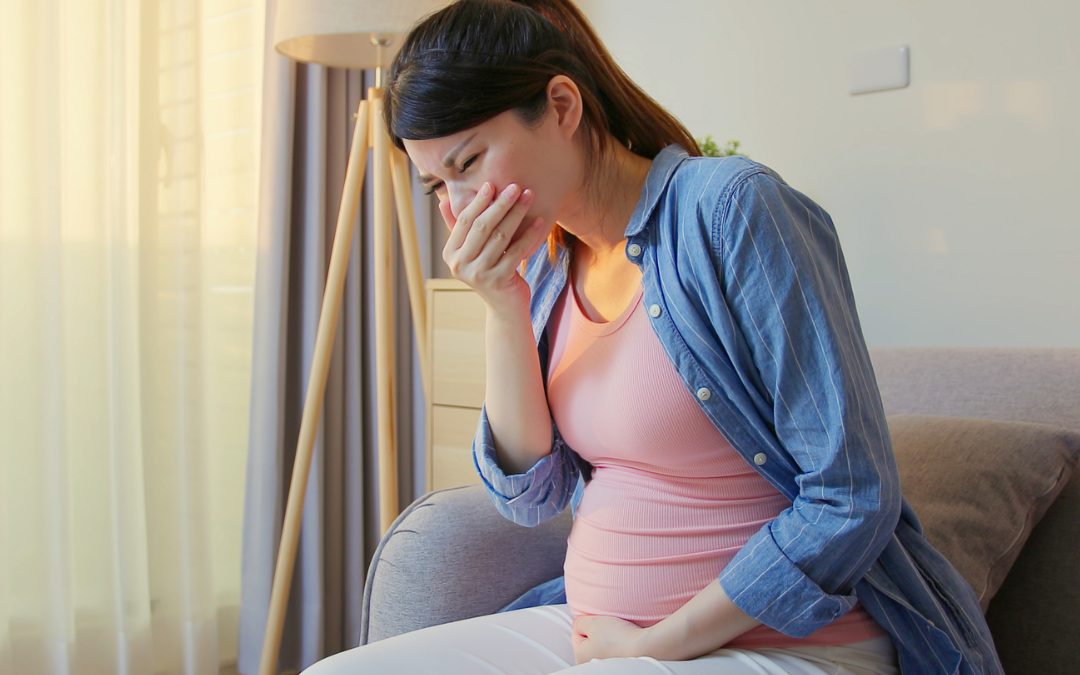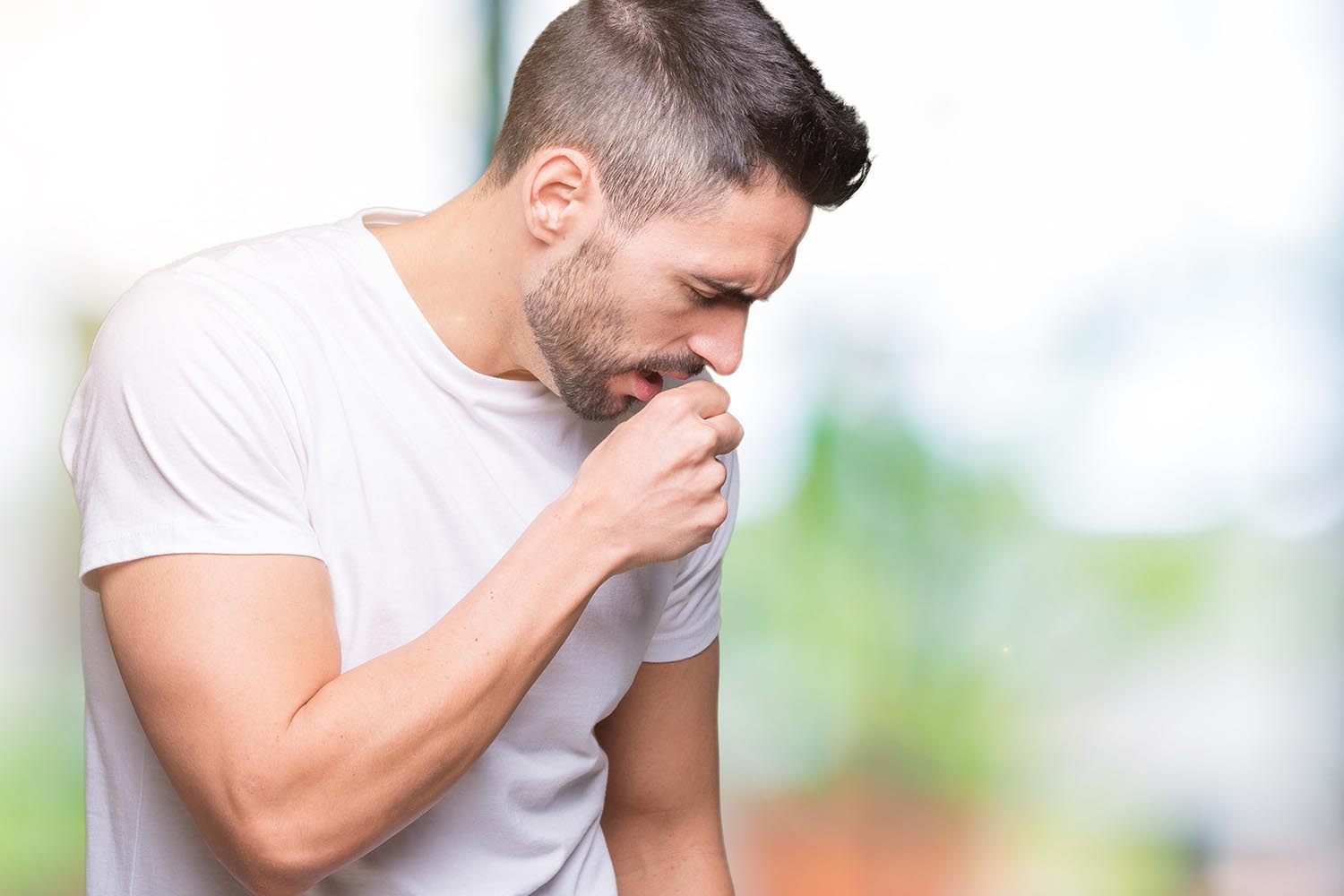
What if I Get Salmonella Poisoning While Pregnant?
If you are pregnant, you are probably doing everything you can to have a safe, healthy pregnancy. Exercising, eating properly, and getting enough sleep are necessary for anyone’s well-being, but it’s especially important while pregnant. Indian Trail has plenty of outlets for staying healthy with your pregnancy. Try out Club Pilates for a new exercise routine with the green light from your OB/GYN. If you miss drinking coffee, check out Raw Crunch and Coffee for healthy food options and a wide variety of specialty teas and drinks that are low in caffeine or caffeine-free.
It can be overwhelming to keep track of what to do and what not to do when it comes to having a healthy pregnancy. One thing for sure is that you don’t want to contract food poisoning. You may have been warned about the risk of salmonella, one of the most common types of food poisoning, and to avoid infection at all costs while pregnant. Salmonella is typically contracted when eating contaminated foods, but there are other ways to contract these harmful bacteria. Read more to understand how to identify symptoms and how to avoid getting salmonella.
Is Salmonella Dangerous When You Are Pregnant?
Pregnancy complicates food poisoning scenarios because these bacterial infections can mimic the symptoms of being pregnant. If you have experienced fatigue and morning sickness, you know it can be hard to distinguish between suffering from an illness or dealing with pregnancy symptoms. Even so, pregnant women should be especially aware of the dangers of food poisoning, as it poses a potential risk to the fetus. In rare cases, if the infection passes from the mother to the child, it could lead to serious conditions like sepsis or meningitis.
How to Know if You Have Salmonella While Pregnant
The most common way to contract salmonella is by consuming the bacteria through contaminated food. Salmonella infections often look the same for pregnant women as they do for anyone else, but there is a small chance of it affecting your baby. Always consult your OB/GYN for concerns regarding your baby’s health. To reduce the risk of salmonella, pregnant women should follow strict dietary guidelines and proper food preparation methods. If you contract salmonella, symptoms will arise anywhere between a few hours to several days. Don’t dismiss food poisoning symptoms just because days have passed since consuming the potential culprit. The following symptoms can manifest between 6 hours to 6 days post-infection, with most people experiencing them within four to seven days.
Recognizing Salmonella Symptoms
Symptoms of salmonella include:
- Diarrhea
- Stomach cramps
- Nausea or vomiting
- Headaches
- Fever
Preventative Measures Against Salmonella in Pregnancy
Safe Food Preparation
Prevalent causes of salmonella include poorly cooked foods and unsafe food preparation. The following methods will significantly reduce the risk of getting infected:
- Thoroughly wash produce
- Choose high-quality meats and produce
- Cook food well, especially meat, eggs, and fish
- Avoid raw or undercooked foods (runny eggs, raw fish like in sushi, rare steak, etc.)
Avoid Unpasteurized Foods
Safe food preparation is necessary, but unpasteurized foods should be avoided completely. Products made with unpasteurized milk are common, so be aware of dairy products. Always check packaging and labels when shopping to ensure your food has been pasteurized. A few items that often come unpasteurized to look out for include:
- Milk
- Juice
- Yogurt
- Cheese (especially soft, imported cheeses like brie and queso blanco)
Clean Rags and Sponges
Keeping a clean house is important for overall health, but to avoid salmonella it’s very important to wash rags and sponges regularly used in the kitchen. Rags that have touched raw meats or contaminated produce can promote the spread of harmful bacteria. This includes bacteria beyond just salmonella, so wash your rags and throw away old sponges!
Caution Around Animals
Animals can also be carriers of salmonella. Wash your hands after touching pets and skip direct contact with them, like your puppy licking your face. Be mindful of places with animals, such as petting zoos or farms. If you have small children, make sure they are also washing their hands after interacting with animals.
When to See a Doctor
If you get infected, keep an eye on your symptoms for any signs of a severe case of salmonella. If you experience any of the following, seek immediate medical attention:
- Symptoms last for more than six days
- Bloody stools
- Dehydration
- A fever of 102 or higher
If you have questions or concerns, visit AFC Urgent Care Indian Trail today.

